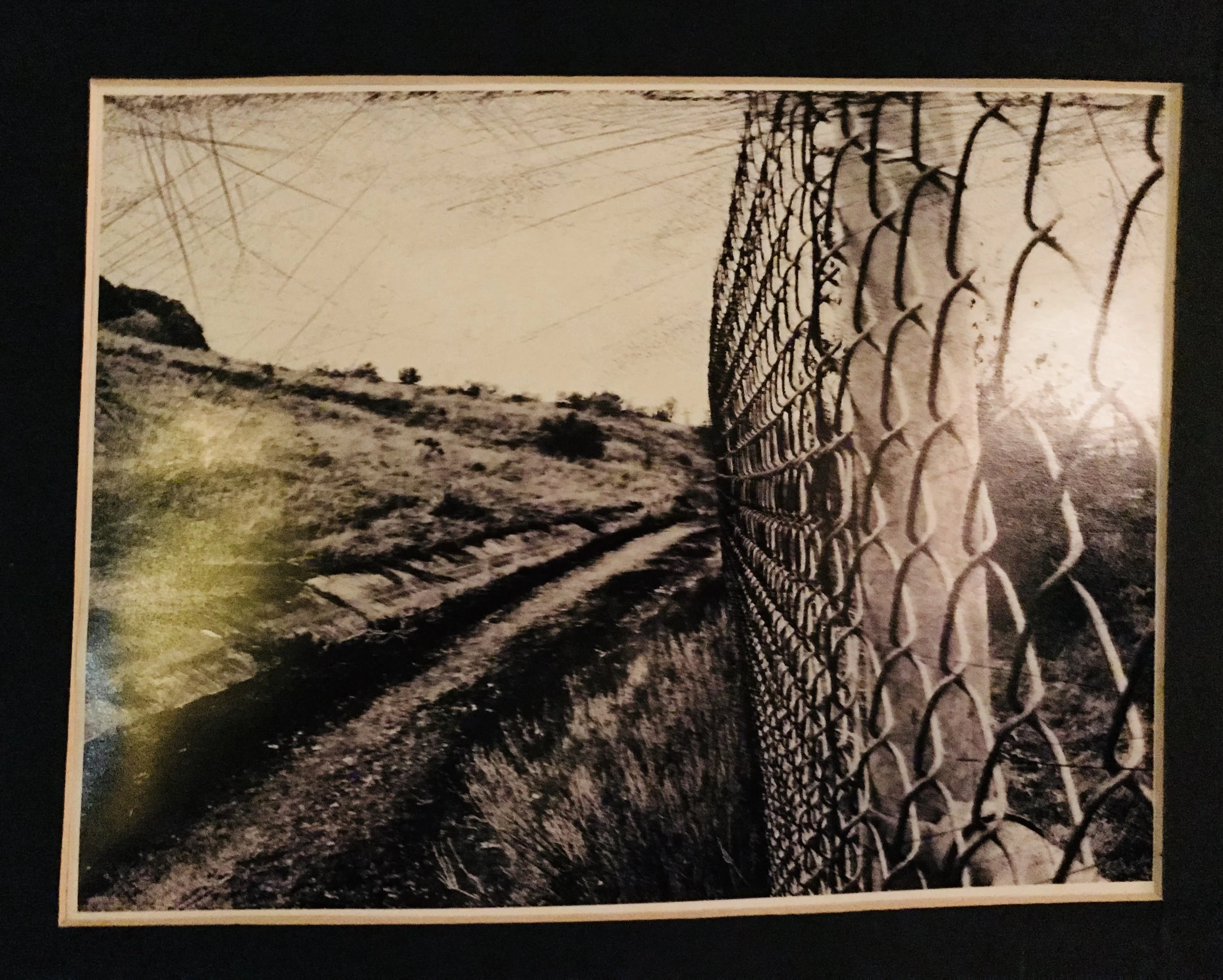By Isabelle S.
20559660
It’s all too often people think that we’re just done after we go to prison. That you’re sentenced, you deal with it, and once you leave, it’s all done and over with. That’s not the case.
The hardest part of dealing with the prison experience is the span of time that proceeds it - the confusion, the hard work, the tests of skills and boundaries. It seems it’s only recently we’ve begun to pay attention to this - probably in response to the increasing swells of people incarcerated. And that’s good news. But it doesn’t end with the provision of resource centers; it begins with the attention to the human beings we all are.
So, that’s what I’m here to fill: a little space in time, where I can feel the freedom that comes from a deep breath released; a little gap where all the weirdness of post-release can be talked about and digested. Because, after all, I try not to tell people where I come from. I try not to, because it usually ends up as a discussion of surprise, or a series of increasingly invasive questions, or sometimes even goodness-knows-what sorts of thoughts. In certain cases - and thankfully, these are the rarer ones - I laugh when I think how people around me might react if they knew where I had been ten months ago. I wonder if I would have the job I do.
That isn’t always the case, but socially, it’s overwhelmingly stifling to carry this about. I’ve only been out of the gates for ten months now, and I think that’s why. I haven’t had years to get past this. It might also be because I’m not overtly part of any group of people that identify with incarceration, addiction, or other types of life stressors. That allows me to more acutely feel what it’s like to be in a sea of people who identify differently, at least outwardly. It allows me to better see the society I left three years ago, and to feel what it’s like to occupy that space again - technically held open for me, yet somehow intensely different in its shape.
I’m here to talk about the weirdness of being you in a world that moves on so quickly.
And the funny thing is, I think it’s something we can all relate to. That’s why I want to see these conversations normalized, as something that isn’t so much an ‘uh-oh’ to say. I mean, who shows up at a party and introduces themselves as an ex-convict, right? And that’s not what I mean either. But the more we can talk about our pasts, the more we can help each other out collectively. Because even though I can say the things I do, how do I know who around me can or can’t relate? All I know are my own perceptions, and the judgments I have from the experiences I carry under my own belt. I want to change this.
So let’s start the conversation...
The writer underwent two years at Coffee Creek Correctional Facility in Oregon, convicted for charges directly related to an active drug addiction.

